THE BASIC COMPONENTS OF DIET
The most basic components of diet are called macronutrients and micronutrients. Macronutrients are proteins, carbohydrates (and fibre) and fats. Micronutrients are vitamins and minerals.
Protein
Protein is more plentiful in our bodies than any other substance but water. Protein comprises half the dry body weight, including most of the muscle mass, skin, hair, eyes and nails. It is the main structure and ingredient of our cells, and the enzymes that keep them running. Immunity to disease relies on protein; in fact, the immune system and its antibodies are largely composed of protein.
The building blocks of protein are amino acids. Twenty of these are vital for the body, and some of these are known as essential because they cannot be synthesized by the human body, and must be supplied by the diet. Without these essential amino acids constantly entering the body, the rate of new protein formation would slow down and, in extremes, stop altogether.
Proteins are the basis of all life. Those from meat, fish eggs and cheese are known as complete proteins, containing the correct proportion of amino acids. Vegetable proteins are not so complete but by combining foods such as grains and pulses or nuts, more complete protein can be created.





